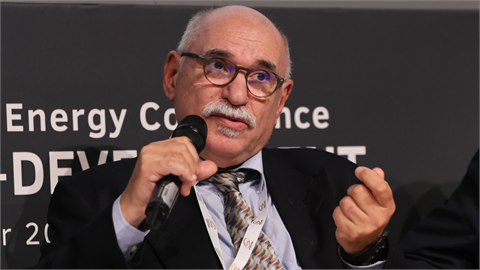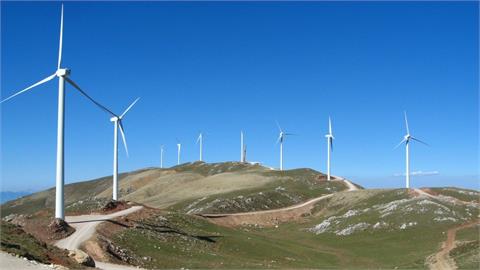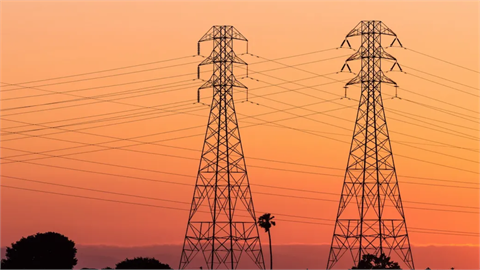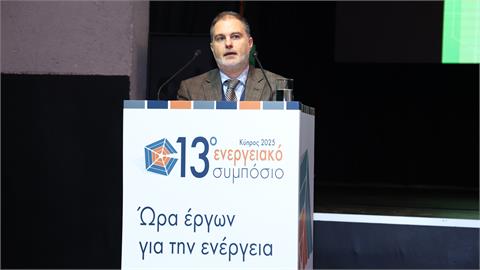A major study by IENE is underway, aiming at assessing and underscoring the prospects of carbon capture, utilization & storage (CCUS) in Greece. This new project by the Institute has already attracted the interest of leading Greek energy companies, which actively participate in the study on a multi-client basis. IENE’s study on CCUS is conducted by the Institute’s inhouse research team in co-operation with external associates
A major study by IENE is underway, aiming at assessing and underscoring the prospects of carbon capture, utilization & storage (CCUS) in Greece. This new project by the Institute has already attracted the interest of leading Greek energy companies, which actively participate in the study on a multi-client basis. IENE’s study on CCUS is conducted by the Institute’s inhouse research team in co-operation with external associates.
As the EU is currently revising its policy on energy regarding the use of carbon, under the pressure of the latest geopolitical developments but also of the economic burdens on energy markets, the utilization of CCUS technologies has become once again topical. CCUS applies not only in cases of storing CO2 emitted by power generators and industry but also in its exploitation for producing “clean” fuels (e.g. hydrogen). EU’s Energy Commissioner, Ms. Kadri Simson, recently announced that a third call for CCUS applications will soon be issued under the EU’s Innovation Fund. This announcement is further evidence of the reviving interest for CCUS technologies in the European Union.
This new IENE study is not only aiming at investigating CCUS technologies in general and their application but aspires to prepare a detailed roadmap for the introduction of CCUS in Greece. Hence, the study will identify specific areas suitable for creating industrial CCUS hubs and how these can be integrated in the broader industrial and economic landscape.
To this end, a first virtual working meeting has already taken place with the participation of the Institute’s project team and representatives of the companies involved in the project, during which the general framework and timetable of the study were discussed. According to the Institute’s schedule of work, the CCUS study should be completed by end March 2023.




